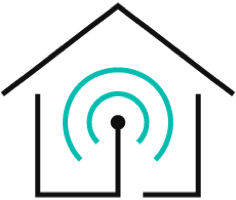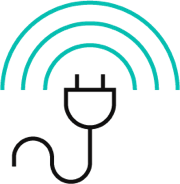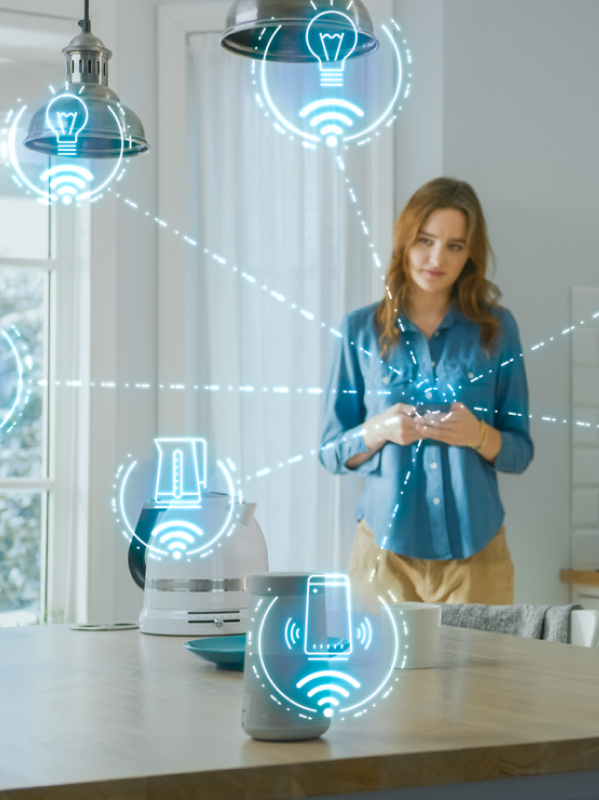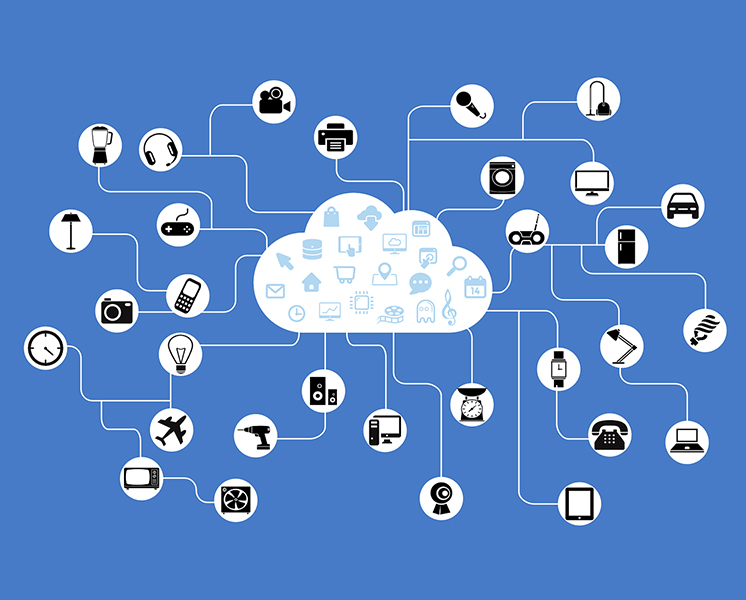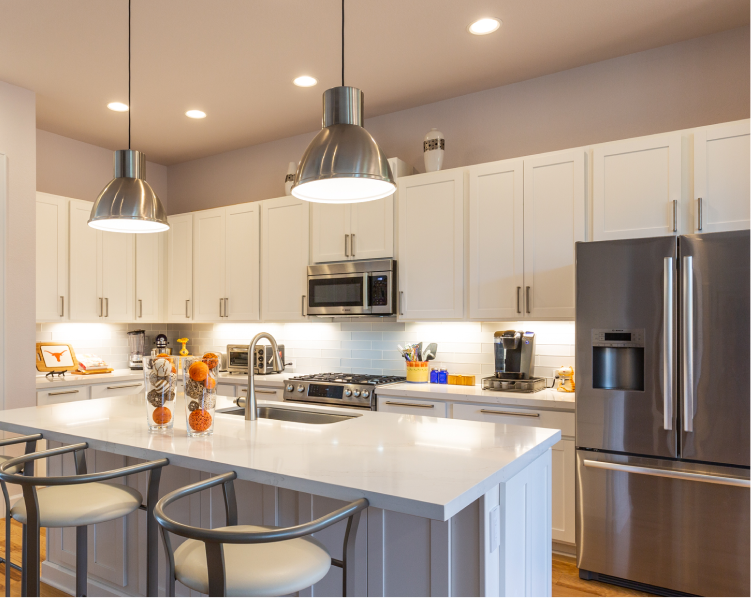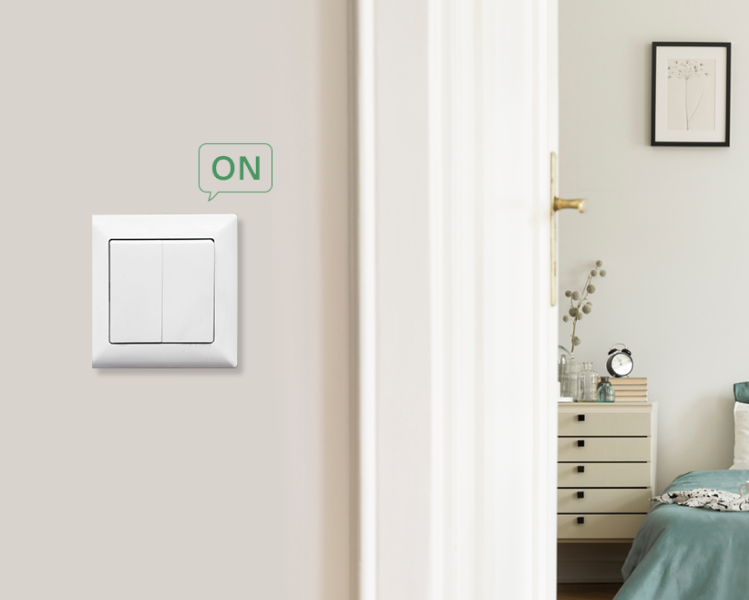The concept of a smart home was designed based on automation and remote control. A smart home has all the elements of a traditional home and more. At the very first, it was just fractionated implementations of smart devices. But as time goes by, more and more modern concepts and technologies are being added to the idea. And the most significant of them is Artificial Intelligence.
Now, AI has reshaped the way we experience smart homes and continues to influence the smart home system as a whole.
- Alexa, Siri, Google Assistant: The Rise Of Digital Assistants
- AI Integration In Smart Home Devices
- Future Of Smart Homes With AI
- Future Challenges And Opportunities
Alexa, Siri, Google Assistant: The Rise Of Digital Assistants
One of the very first AI implementations in smart home systems was the compatibility of smart devices with Digital Assistants. Even though some devices work with Bixby, usually it’s the three prime digital assistants, Alexa, Siri, and Google Assistant that were added to the scene.
Digital assistants are mainly used to voice control different devices and smart appliances. So now you can operate and control your smart products with just your voice. From lights to speakers to security systems, the involvement of digital assistants is everywhere.
In the coming days, more work is going on revolving around the speech recognition technology of digital assistants. If they are achieved, we can hope to have a living space that can be operated fully hands-free.
Now even though the rise of digital assistants does pose security issues with smart devices, the researchers are working relentlessly and hopeful to eliminate them.
AI Integration In Smart Home Devices
As we have already said, more and more AI implementation is changing the way smart homes work. There are already so many examples of AI integration in smart homes that we can see.
Security System
AI-powered security devices in smart homes are already news. These smart security devices can perform a multitude of tasks such as facial recognition, analyzing threats, monitoring, and recording, to ensure a sound security system as a whole. In fact, it’s one of the vital parts of most smart home security at the moment. The AI-enabled part of the system can even suggest countermeasures for security breaches in the system.
Smart Lock
Smart locks are another example of AI collaboration with smart platforms. These smart locks are remarkably effective in recognizing facial features or even any objects. And you don’t have to carry any keys anymore to unlock them.
Additionally, smart locks are also equipped with digital security cameras to record the front door. Some even deliver live feeds of the footage to the user's smartphone. Even though there are risks of hacking the system, still it’s much lower than the benefits and safety it ensures.
Some other features of smart locks include providing temporary passes to visitors, alerts to any suspicious activity in the system, scheduling, and many more.
Voice Control
The voice control ability of smart devices was the first incident of AI familiarisation with the smart home platform. Now almost all smart devices and appliances can be controlled through at least one of the three major digital assistants (Alexa, Siri, Google Assistant).
So, instead of manually operating the devices, we can tell them what to do which not only saves time but also makes the overall process a lot easier and effortless.
Managing Household
Managing the living space with different smart appliances has been one of the most effective and appreciated AI implementations in smart homes. Completing daily household activities has never been easier.
Almost half the routine work like turning on/off the lights, fans, doors, and tv is now automatic. With products like smart plugs, you can even control and monitor your energy usage as well. For example, we can talk about the Evvr Energy Monitoring Smart Plug And Relay. This nice little smart plug can make operating any electric appliance 100x easier.
Smart Products
Almost all smart products are now designed to be compatible with AI for greater efficiency. Smart lights, smart TV, smart electric cooker, smart vacuum cleaner, smart AC, smart heaters to smart doors, the list of smart devices goes on and on. Products like smart energy monitors, switches, and plugs can now turn traditional appliances into smart devices for better control and efficiency. Brands like Evvr have countless smart devices that can monitor energy usage, turn it on/off by themselves and suggest achievable solutions to your problems.
Not only that, they can be alert about possible danger and safety issues through related apps. On one side it creates a more feasible energy consumption pattern, and provides additional protection and safety features.
Future Of Smart Homes With AI
Everything taken into consideration, it’s very transparent that full AI implementation is one of the next big revolutionary breakthroughs in smart home devices. Even though it started with the intention of automation and control, slowly but steadily it’s taken an even bigger role in the current scenario. In the near future, it will not be surprising if AI takes over the entirety of the smart home system eliminating human intervention completely.
Even now, separate small actions are taken to create complete AI-enabled smart home ecosystems that will require minimum human touch to operate as a whole. These ecosystems will be independent and completely based on their residents. Meaning aside from automation control, they can now predict and make decisions themselves on the resident's behalf for an even more convenient, efficient, and comfortable living space.
Future Challenges And Opportunities
As the technology of AI develops further, more opportunities and scopes are evolving in the smart home sector. For example, Google Assistant now has multilingual features where you can communicate in more than one language. Especially for households that have bilingual members, this provides great convenience to them.
For more advanced scenarios, researchers have been trying for a long time to impart emotion to AI-powered devices. If it effectively succeeds, we can hope for devices that can take intelligent decisions by themselves according to their code and even take countermeasures when something goes wrong.
In the future, researchers also hope to develop smart devices that can detect human emotions and even replicate them into themselves by taking active action accordingly.
But like any other sector, opportunities for AI implementation in Smart Homes are also not without challenges. With their widespread growth, newer security issues are also arising.
Now, smart devices are vulnerable to hacking and more prone to be a victim of cyber intruders. Even though more steps are taken to eliminate these safety issues, newer issues continue to rise.
Conclusion
The headfast journey of AI in the smart home system was not a revelation. It was unavoidable and in fact, necessary if we are being honest. Even in the near future, AI-enabled devices and AI technology as a whole are forecasted to take charge of the whole smart system.
While that undoubtedly swears to make the system even more efficient and proactive, we cannot ignore the challenges it comes with. Hopefully, this article helps you understand how AI and smart devices are changing the whole overview of smart homes. To know more, reach out to us.

